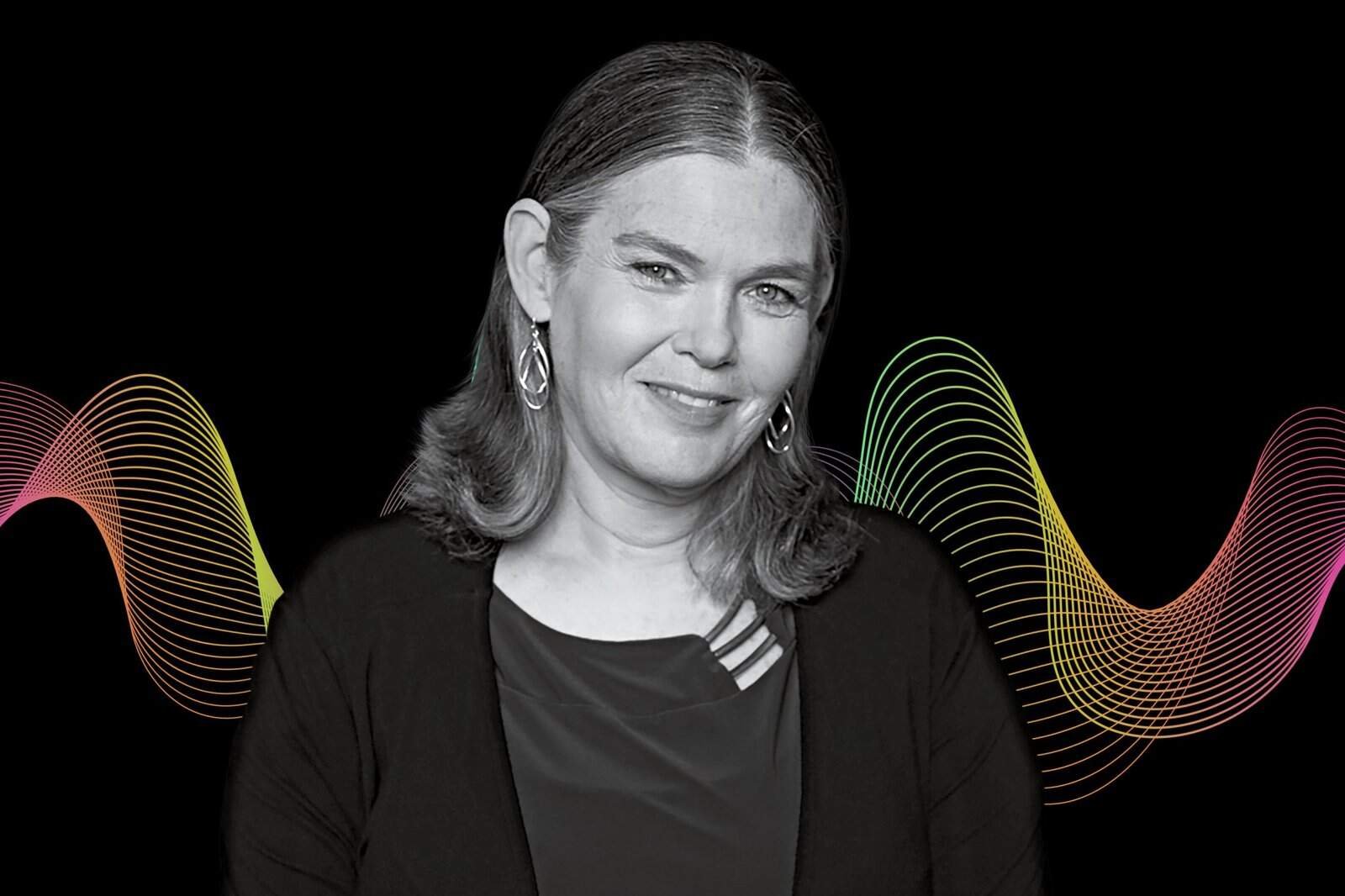Contents
Exploring the Future of AI and Drug Discovery with Daphne Koller
In this episode of CRMFeed’s Leadership Next podcast, cohosts Diane Brady and Kristin Stoller engage in a thought-provoking conversation with Daphne Koller, founder and CEO of Insitro. The discussion delves into the transformative potential of artificial intelligence (AI) in drug discovery, the challenges posed by traditional pharmaceutical approaches, and the broader implications of a post-AI world.
Koller emphasizes that the future lies in a partnership between humans and machines. She notes that throughout history, every major technological advancement has initially caused fear about job displacement, but ultimately, it has led to new opportunities. “Human creativity and innovation remain essential partners,” she says, highlighting the importance of adapting to change while leveraging human ingenuity.
The conversation begins with an exploration of Koller’s background. As a MacArthur Genius recipient and Stanford professor, she has built two successful companies—Coursera and Insitro. Her journey from academia to entrepreneurship reflects her curiosity and desire to solve complex problems. Koller credits her early exposure to computers during a sabbatical in the U.S. for sparking her interest in technology. She found fascination in the ability to create models of complexity, a theme that has continued throughout her career.
One of the key topics discussed is the role of AI in healthcare, particularly in drug discovery. Koller describes how AI can revolutionize the field by enabling more accurate predictions about biological systems. She draws a parallel between calculus and physics, stating that AI is to biology what calculus was to Newtonian physics. This analogy underscores the power of AI in understanding and predicting complex biological processes.
The discussion also touches on the challenges of traditional drug development. Koller highlights the high failure rate of clinical trials, with over 90% of drugs failing to make it through the process. She explains that the current system relies heavily on animal models, which often do not translate well to human outcomes. By integrating AI with modern data collection techniques, Insitro aims to improve the accuracy of predictions and increase the likelihood of success in clinical trials.
A significant portion of the conversation focuses on the ethical and practical considerations of using AI in healthcare. Koller stresses the importance of distinguishing between the capabilities of AI and human consciousness. While AI can be a powerful tool for analysis and prediction, it lacks emotions and sentience. She encourages users to approach AI as a mirror for self-reflection rather than a substitute for human interaction.
The discussion also addresses the role of collaboration between startups like Insitro and Big Pharma. Koller acknowledges that while there are areas of competition, there are also opportunities for partnership. She points to collaborations with companies like BMS and Lilly as examples of how different entities can work together to advance drug discovery.
Another important topic is the impact of political and regulatory environments on biotech innovation. Koller expresses concerns about the uncertainty surrounding funding and policy changes that could hinder progress. She advocates for continued support for scientific research and highlights the need for a balanced approach that fosters innovation without stifling it.
The conversation concludes with a reflection on the future of AI and its potential to transform various industries beyond healthcare. Koller envisions a future where AI becomes a critical tool for addressing global challenges such as sustainability and energy. She emphasizes the importance of developing specialized AI models tailored to specific tasks, which can drive advancements in deep tech fields.
Throughout the discussion, Koller offers insights into the challenges and opportunities of leading a company at the intersection of AI and biology. She shares lessons learned from her experience founding Coursera and building Insitro, including the importance of company culture and the need for structured processes as organizations scale.
As the podcast wraps up, Koller reaffirms her belief in the power of human-machine partnerships. She envisions a future where AI enhances human capabilities, enabling more personalized and effective treatments. Her vision for the future is one of collaboration, innovation, and continuous learning, driven by a commitment to solving some of the most pressing challenges in healthcare and beyond.
Key Takeaways from the Conversation
- AI as a Partner: The future lies in a partnership between humans and machines, where AI complements human creativity and innovation.
- Drug Discovery Revolution: AI has the potential to transform drug discovery by improving the accuracy of predictions and reducing the high failure rate of clinical trials.
- Ethical Considerations: It is crucial to recognize the limitations of AI and use it responsibly, avoiding the misconception that it possesses consciousness or emotions.
- Collaboration Over Competition: While there is competition in the biotech space, collaboration between startups and Big Pharma can lead to significant advancements.
- Policy and Funding Challenges: Uncertainty in regulatory environments and funding can pose challenges for biotech innovation, requiring a balanced approach to foster growth.
- Future of AI: Beyond healthcare, AI has the potential to address global challenges in sustainability, energy, and other deep tech fields.
- Leadership and Culture: Building a strong company culture and implementing structured processes are essential for scaling and maintaining innovation.
Looking Ahead
As the conversation concludes, Koller reflects on the importance of preparing the next generation for an AI-driven world. She encourages individuals to develop skills that complement machine capabilities, such as creative problem-solving and interdisciplinary thinking. She also highlights the need for society to address the challenges of job displacement and ensure that technological advancements benefit everyone.
Ultimately, Koller’s vision for the future is one of collaboration, innovation, and continuous learning. She believes that by working together with machines, humans can unlock new possibilities and create a better future for all.




